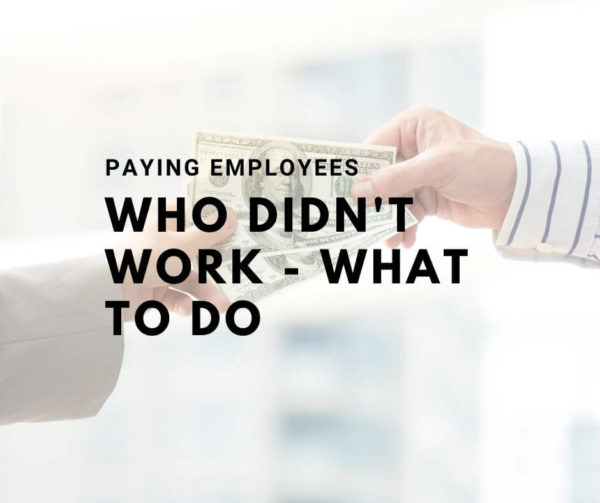Authored by Evan Reynolds, President of Dental Space Advisors
How To $AVE BIG DOLLARS When You Renew Your Office Lease
Most dental professionals are searching for ways to cut their overhead cost, however, many largely ignore the valuable opportunity to materially reduce one of their largest operational costs. This opportunity comes in the form of an office lease renewal which usually only comes around every five or ten years. Most dentists wait until there are only a few months or even weeks left on their lease to start discussions regarding lease renewal terms. This procrastination results in the landlord possessing all of the advantage as they know you have no intention of going anywhere else. The building owner will usually offer the busy dentist a “preferred renewal rate” and that generally ends the negotiations. The dentist never really had a chance in this one-sided scenario however it is very common for the vast majority of dental tenants. The biggest problem is that most dentists do exactly the opposite of what they should do when they are renewing their lease and in the process forego significant savings. A dentist that leases 2,000 square feet can easily forfeit $20,000 to $40,000 over the term of a typical dental lease by failing to effectively negotiate their lease renewal.
The key objective for a building owner is to maximize rental income and your goal is to minimize rental cost as much as reasonably possible. So how do you go about effectively negotiating your lease renewal? The short answer is that you approach it as if you were absolutely going to move your practice to a new location. It is important that you convince the landlord that you have serious, viable relocation alternatives and that there is a real possibility that you will move. Every communication with the landlord must reinforce the premise that you are diligently evaluating the alternatives in the market. This may include relocating to a new lease space or perhaps purchasing an office condominium. The landlord needs to know as early as possible that you are considering other options and that they have something to lose. It is often costly for a landlord to re-lease a space as it much more preferable to renew an existing tenant. They will have a vacancy for a period of time after you leave and will have to spend money on refurbishment and leasing commissions.
The objective is to maximize your negotiating leverage and this can be a challenge for most dental tenants. Dentists are at a huge disadvantage in the world of commercial real estate. They often have to sink large dollars into their space for build-out and are usually hesitant to move due to potential patient confusion (not to mention the hassle of moving itself). The building owner views a dental tenant as being largely captive. They are aware of the tendency for dentists to stay where they are for long periods of time. The average dental tenant stays in one location for about 18 years.
You may think that this strategy requires too much time and effort, however, you should hire a commercial real estate broker (at least nine months prior to lease expiration) that specializes in working with dental tenants to manage the process and lead negotiations. Very little of your time is required if the process is managed appropriately by an experienced broker. The best part is that the broker exclusively represents your interests and is paid by the building owner. Landlords much prefer to negotiate directly with the tenant and might discourage you from having representation. The fact is that your broker’s commission is a small fraction of the overall savings that can be generated by effective representation (the landlord’s broker typically gets a greater fee if the tenant does not haverepresentation). Hiring a broker also reinforces the idea to the building owner that you are serious about evaluating other alternatives.
In addition to the cost savings that can be captured during a lease renewal, there are other aspects of your lease that can be improved. You can potentially eliminate a personal guarantee that was required in the original lease (important when selling a practice), get your security deposit refunded or change other terms of the lease that need improvement.
Effectively negotiating the renewal of your lease can save you significant dollars and the opportunity only comes around a few times during your career. Make sure that you take advantage of this opportunity and put more money in your pocket instead of the building owner.




